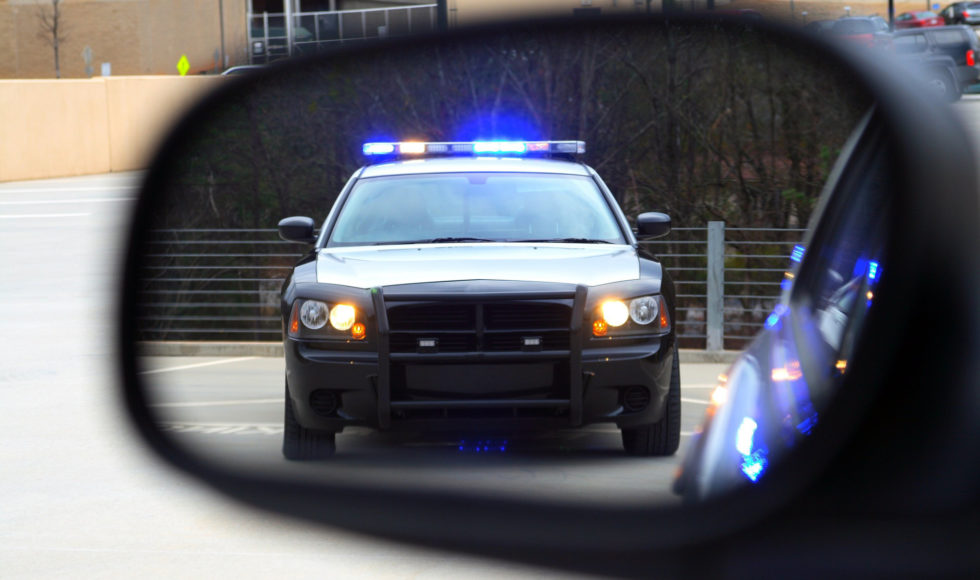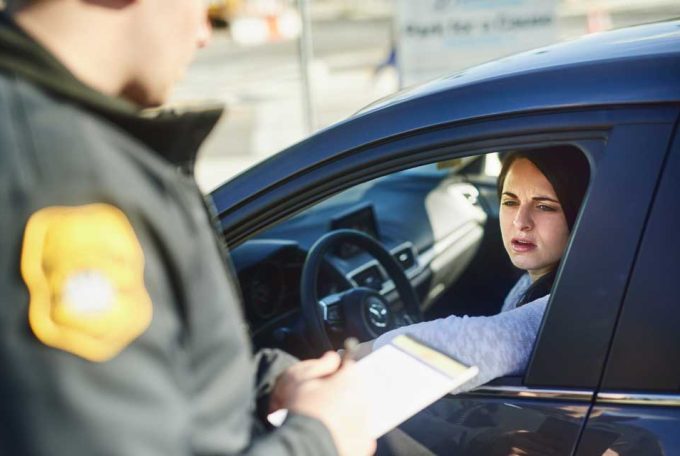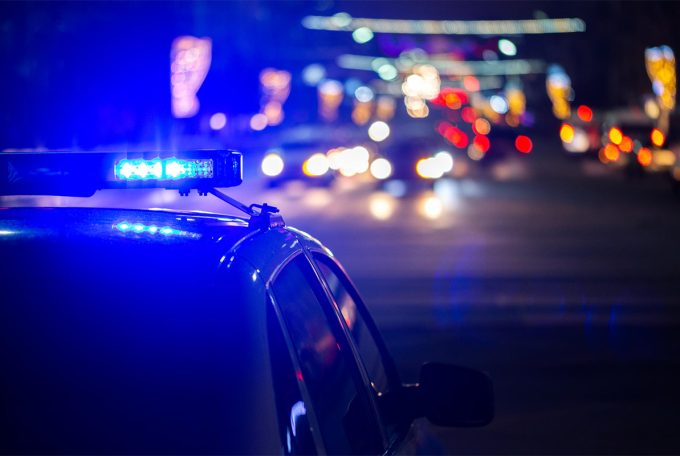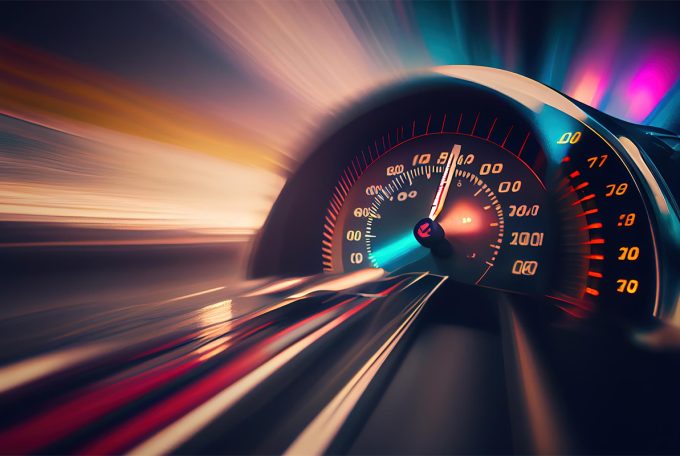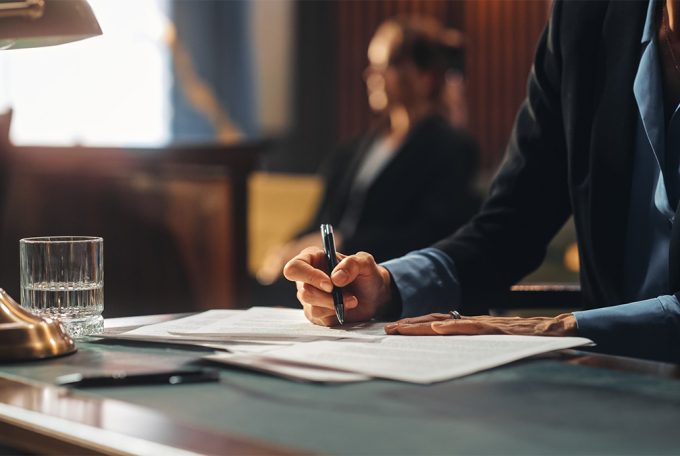Getting a speeding ticket is not the end of the world. It might feel like it at first, though. Seeing flashing blue lights in a rearview mirror tends to add an unhealthy dose of anxiety for most of us.
Interestingly enough, getting a speeding ticket is more common than you’d think. One in ten drivers in the U.S. gets stopped for speeding on a yearly basis.
Yet, that doesn’t erase the host of problems that a speeding ticket can cause you. From hiking up your insurance rates to the actual ticket fine, getting too many speeding tickets can get your license suspended.
If you’ve been asking yourself “What to do after I get a speeding ticket?” keep on reading. We’ll cover every step from the day you get the ticket to your available options and choices you can take.
On the Day of the Event
We know that you’re probably reading this blog after you’ve already been pulled over and got a ticket, but you should keep those tips in mind for the future.
It will help your case if you take the following steps.
- Politely ask about the method that the officer used to determine that you were speeding in the first place. Write it down for future reference.
- Silence is golden, so say as little as possible. As it were, anything you say (especially in anger or fear) can be used against you if you go to court.
- Be as polite and calm as you possibly can.
- After the whole thing is over, write down every single detail about the incident. Make sure to include the time, the location, and anything that you’ve noticed that can help your case like missing speed limit signs.
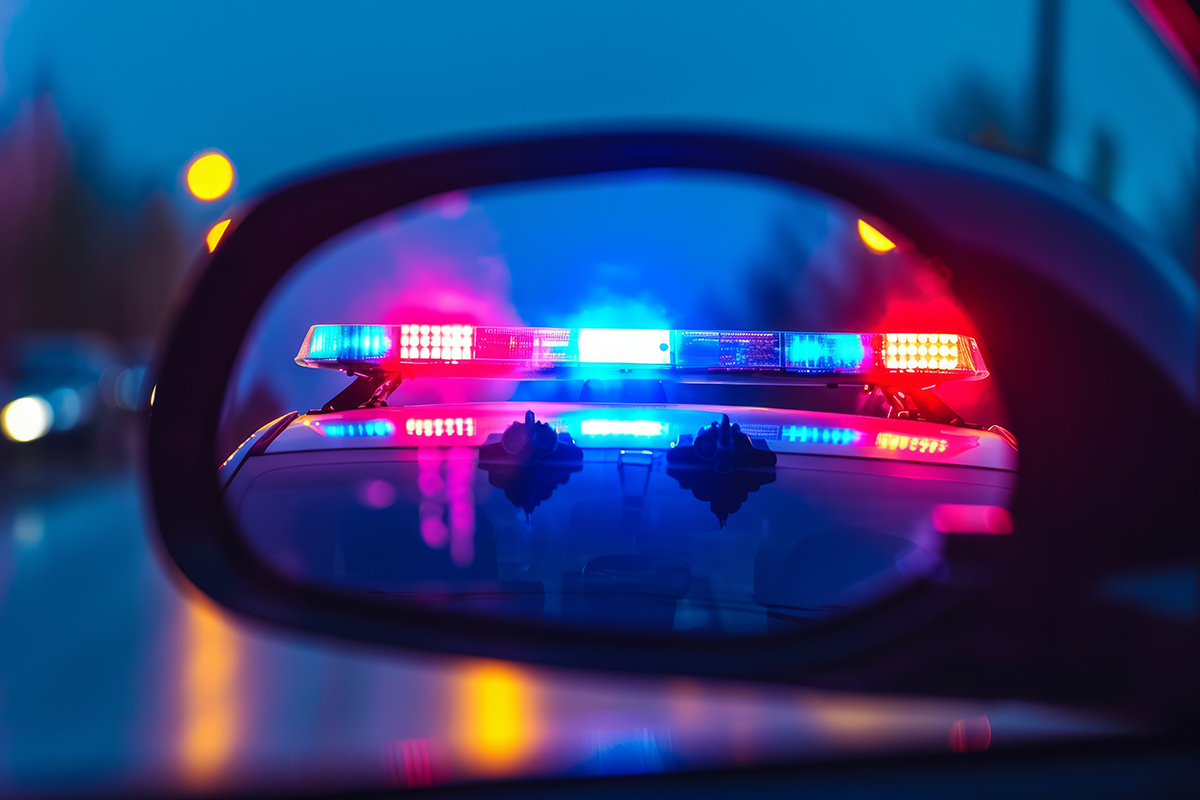
What to Do After I Get a Speeding Ticket: The Full Breakdown
Alright, so it’s done. You got a speeding ticket, so here are your options.
There are three main options you can choose from. You can either admit defeat and pay the ticket. The second option would be fighting the ticket in court. Your third (and final) option would be seeking mitigation.
Every option has its advantages and its drawbacks, so we’ll breakdown every option and you can take an educated decision on which option is best for you.
1. Pay the Ticket
In some cases, people might decide that they’re not up for the time and effort that challenging a speeding ticket might take. To avoid the whole process, they just agree to pay the fine.
Unfortunately, that might cause another set of issues down the line.
Depending on where you are in the country as well as how far over the speed limit you were going when you were cited, your cost might vary. For instance, Lousiana’s speeding tickets are calculated depending on the difference between the speed limit and the speed you were going on the road.
If you’re looking for new insurance, the monthly premium will be higher than what you’re used to. There is no way out of that one.
You might still want to go down that road and pay the ticket anyway. In this case, just make sure that you pay it by the date on the citation. This way, you’ll get to avoid additional fines and other problems that might pop up due to a late payment.
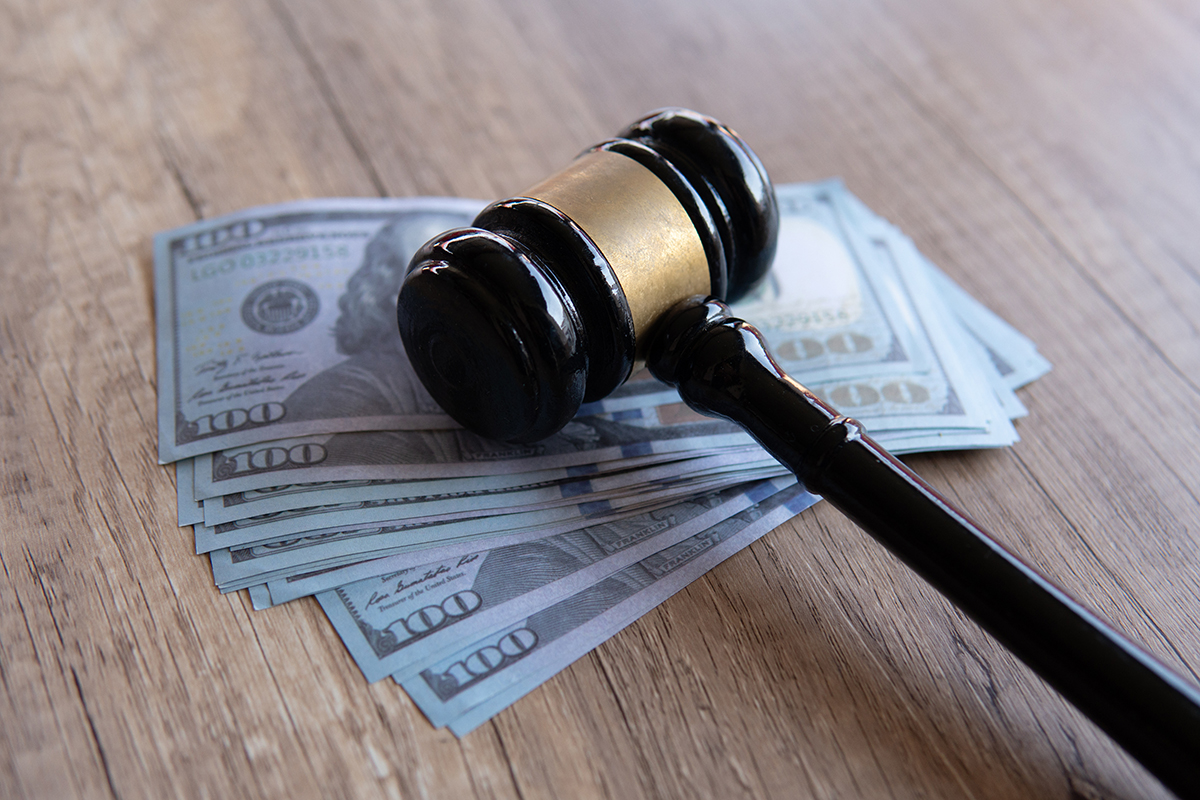
2. Fight the Ticket
Instead of paying the ticket, you can decide that disputing your ticket in court is the way to go.
There might have been special circumstances regarding your ticket. For example, you might not have been actually speeding, or you were dealing with a health crisis that would make the ticket unjustified one way or another.
If you decide on fighting the ticket, you should expect to appear in court. You can either represent yourself or hire a lawyer to represent you.
A word to the wise, if you’re facing a huge penalty or might potentially lose your license because of a speeding ticket, it’s essential to hire a speeding ticket lawyer who has a wealth of experience in handling these sorts of cases.
In court, the prosecutor has to present evidence that you’ve committed the violation, which is speeding.
There are three ways your court case can go. The judge will either dismiss the ticket completely, reduce the fine, or decide that you’ll have to pay the fine in full.
3. Seek Mitigation
Seeking mitigation could be considered the best option if you’re planning on admitting to the ticket, and the fact that you were speeding.
The mitigation process is —basically— admitting that you were speeding to the judge, and explain the circumstances which caused you to commit the violation in the first place.
In some cases, when you’re given the opportunity to explain the situation, the judge may have leniency with you.
The judge can either extend the time you have to pay the fine, reduce the fine amount, or set up an alternative like a defensive driving course to reduce the penalty.
Yet, keep in mind that seeking mitigation doesn’t always mean that you’ll be granted an automatic reduction for your fine. The court can just as easily reject your arguments and have you pay the fine in full.
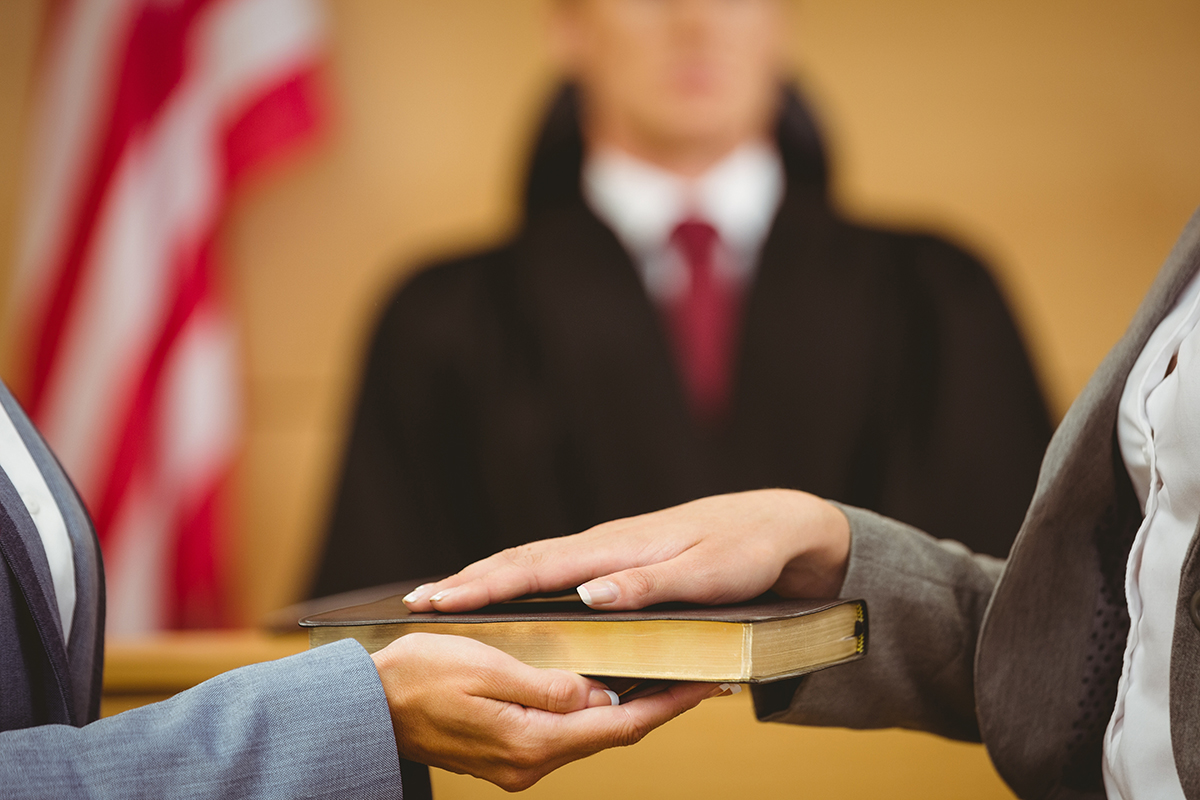
Ready to Deal With Your Ticket?
We understand that it can be a bit stressful to decide on your answer to this dreaded question: what to do after I get a speeding ticket?
However, instead of just wandering about with this question stuck in your head, you have all the tools available at your disposal to take a thoughtful decision on whether you’re paying your ticket, fighting it, or mitigating it in court.
If you’re still now sure about the whole process, just head for our blog. We have dozens of articles that cover everything there is about speeding tickets.

